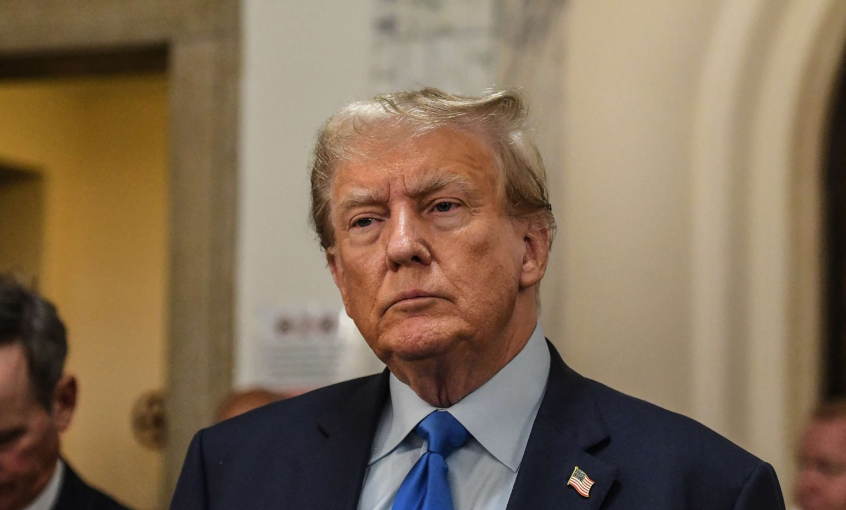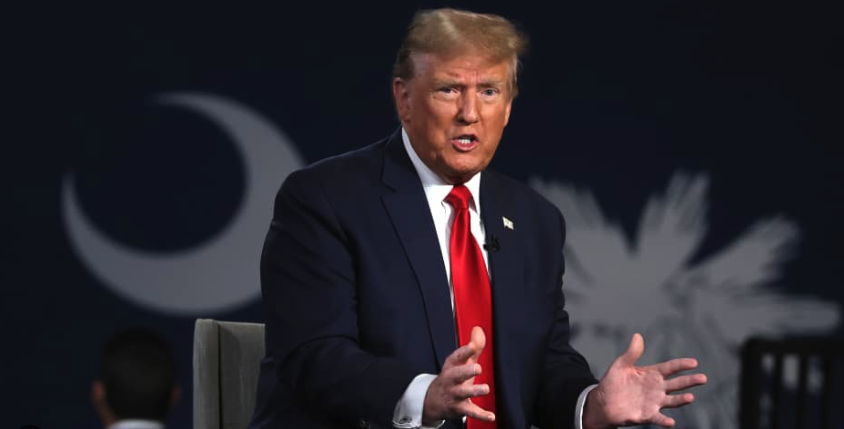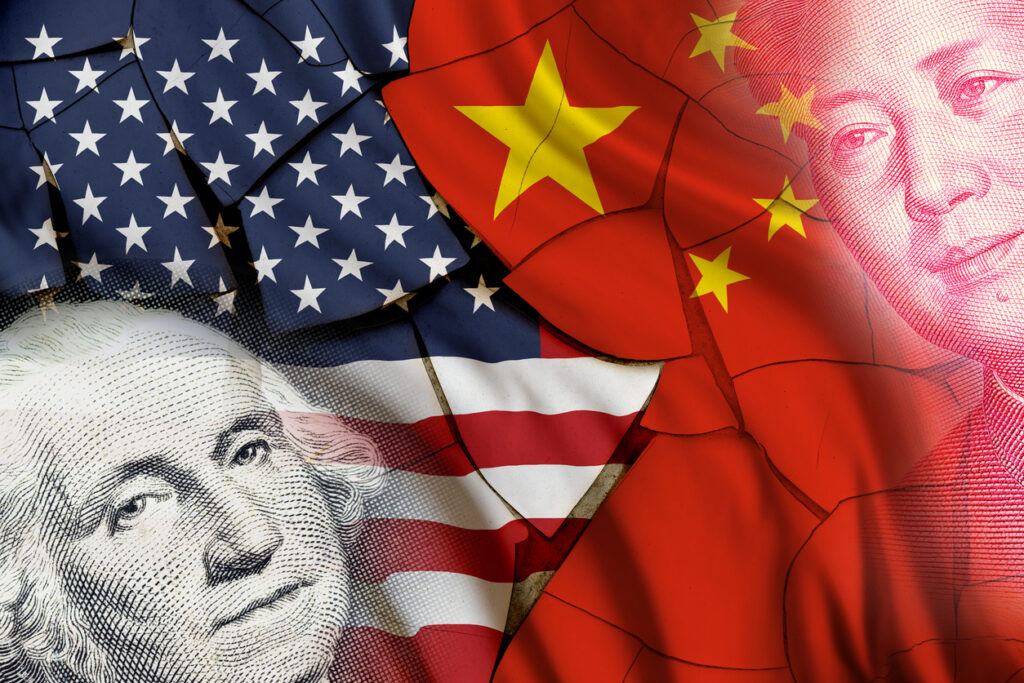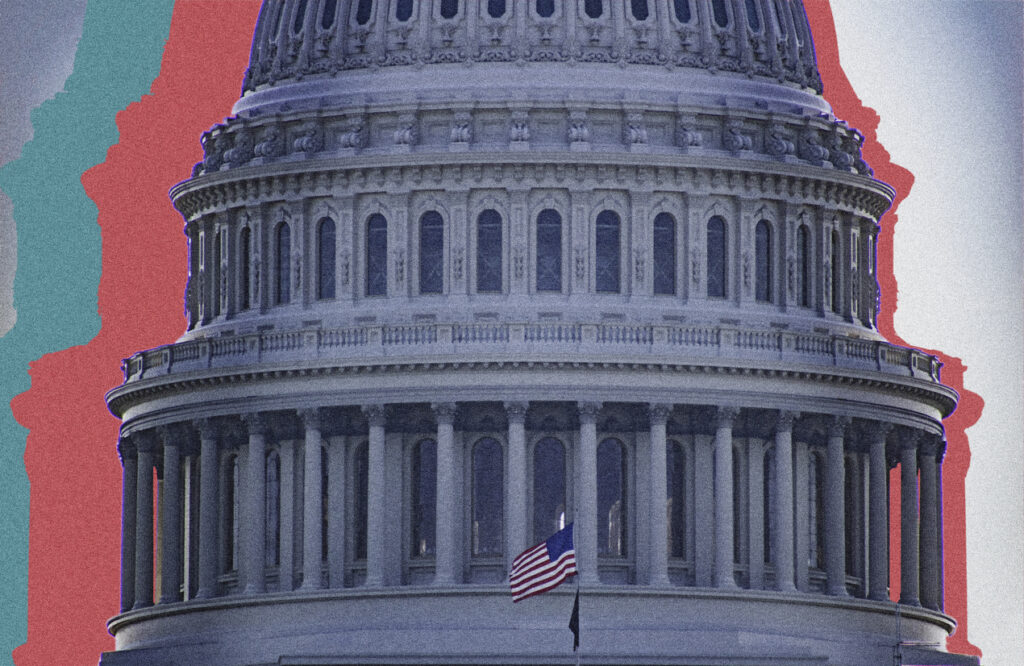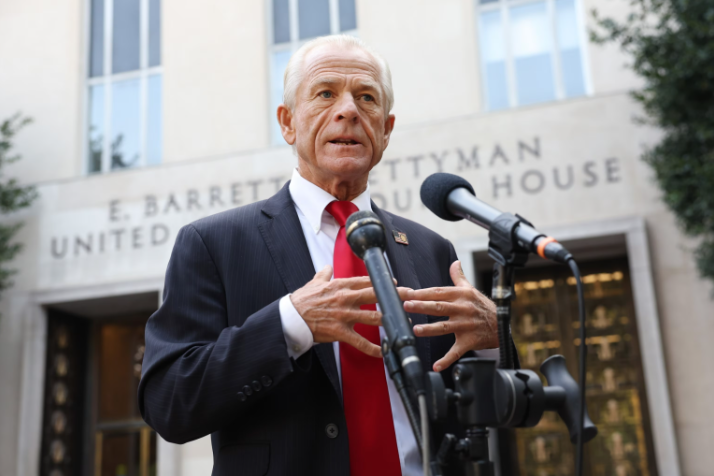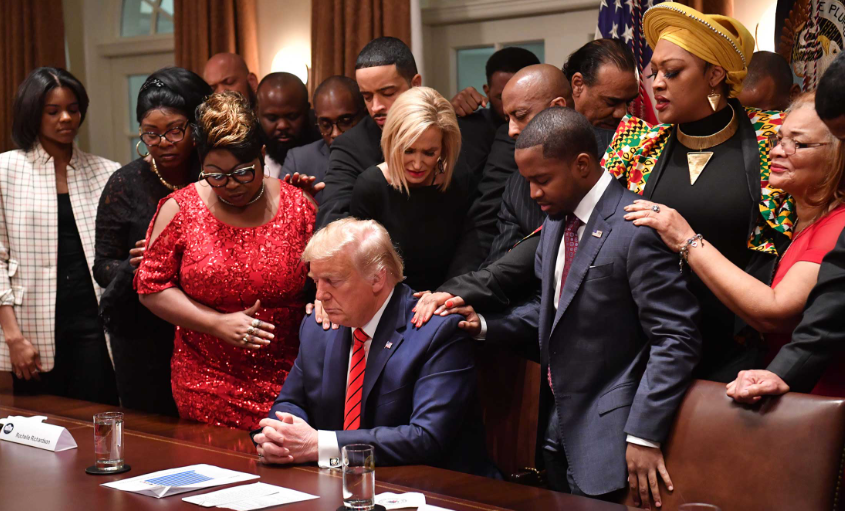
In a recent allegation, the House Select Committee on China has accused the Chinese Communist Party (CCP) of playing a significant role in the global fentanyl crisis by financially supporting the manufacturing and export of materials used to make the deadly drug. This claim raises serious international concerns and highlights the complexity of addressing a drug epidemic that is impacting millions, particularly in the United States.
Investigation and Findings
After a monthslong investigation, which included scrutiny of Chinese websites, government documents, and data from narcotics companies, the House panel concluded that the CCP has facilitated the fentanyl trade by providing tax rebates to producers of the drug’s components. These incentives have allegedly supported companies involved in the illicit trade, contributing significantly to the widespread availability of fentanyl.
The report also claims that the CCP has connections to several companies tied to drug trafficking. In a troubling revelation, one such company is reportedly owned by a government-operated prison known for human rights abuses. This intertwining of government and criminal enterprises suggests a deep-rooted challenge in tackling the sources of fentanyl production.
Lack of Cooperation with U.S. Law Enforcement
Adding to the complexity of the issue is the alleged refusal of the People’s Republic of China’s security services to collaborate with U.S. law enforcement agencies. This lack of cooperation has hindered efforts to trace and dismantle the supply chains that fuel the fentanyl epidemic in the United States and beyond.
The Devastating Impact on Americans
The ramifications of this crisis are devastating and far-reaching. Fentanyl, a synthetic opioid significantly more potent than heroin, is responsible for more than 200 American deaths daily. This staggering figure is equivalent to a Boeing 737 crash every single day. Fentanyl is now the leading cause of death for Americans between the ages of 18-45, with millions more suffering from addiction and its consequential health and social impacts.
Proposed Solutions
In response to these alarming findings, Committee Chair Mike Gallagher (R-Wisc.) and Ranking Member Raja Krishnamoorthi (D-Ill.) have proposed the formation of a joint task force. This task force would aim to identify vulnerabilities within the fentanyl supply chain and suggest enhancements to law enforcement and intelligence capabilities. Additionally, they call for improved trade and customs enforcement to restrict the entry of fentanyl into the United States.
Implications and Calls for Action
The allegations made by the House Select Committee on China are severe and carry significant implications for international relations and public health strategies. The suggestion that a foreign government is subsidizing an industry that directly contributes to the health crisis in another country is a grave accusation that could affect diplomatic relations and necessitates a robust response.
The proposed joint task force and enhanced enforcement measures indicate a move toward a more aggressive strategy to combat the fentanyl crisis. However, the effectiveness of these measures will largely depend on international cooperation and the willingness of all parties to engage in a transparent and concerted effort to tackle the problem at its roots.
Conclusion
The House Select Committee on China’s report paints a grim picture of a global crisis that is being exacerbated by international politics and economic incentives. As the U.S. government considers its next steps, the focus must remain on finding effective solutions that can save lives and prevent the further spread of addiction. The need for international cooperation and strong domestic policies is more critical than ever in the fight against the devastating impact of fentanyl.
